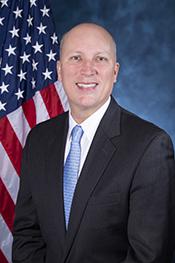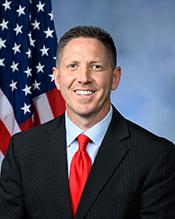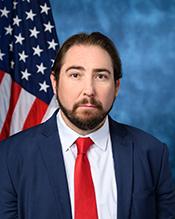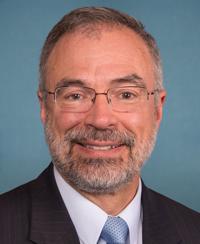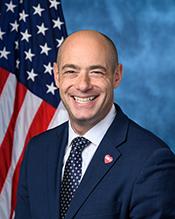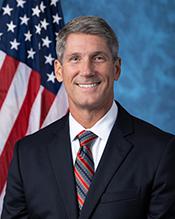H.R. 1497: NIH Reform Act
This bill, known as the NIH Reform Act, proposes to restructure the National Institutes of Health (NIH) by replacing the existing National Institute of Allergy and Infectious Diseases (NIAID) with three separate national research institutes. Here are the key changes outlined in the bill:
New Structure of Institutes
- The NIAID will be divided into three distinct institutes:
- National Institute of Allergic Diseases - This institute will focus solely on research and programs related to allergic diseases and disorders.
- National Institute of Infectious Diseases - This new institute will concentrate on infectious diseases, including tropical diseases, and will conduct research, provide training, and disseminate health information.
- National Institute of Immunologic Diseases - This institute will be dedicated to research and programs concerning immunologic diseases and disorders.
Appointment of Directors
According to the bill:
- The directors of these three new institutes will be appointed by the President, with the advice and consent of the Senate.
- Each director will serve a term of five years, with the possibility of one reappointment.
- Until the appointments of the new directors are made, the oversight of these institutes will be managed by the Director of the NIH.
Transition from NIAID
The bill specifies that upon enactment:
- The position of the Director of NIAID will be terminated.
- Research and responsibilities currently held by NIAID will be redistributed to the newly created institutes.
Duties and Functions
The bill outlines the duties for each institute, emphasizing the following:
- The National Institute of Allergic Diseases will focus exclusively on allergies.
- The National Institute of Infectious Diseases will handle research and information regarding infectious diseases.
- The National Institute of Immunologic Diseases will manage matters related to immunologic diseases.
Conforming Amendments
To implement these changes, several existing references in the Public Health Service Act will be updated to reflect the new structure. This includes:
- Renaming sections where NIAID is mentioned to reflect the new institutes.
- Updating legal references throughout existing laws and regulations to ensure clarity and consistency with the new institute structure.
Relevant Companies
- PFE (Pfizer Inc.) - As a significant player in the pharmaceutical industry, Pfizer could be directly impacted. Changes in research funding and priorities from the NIH could affect its R&D strategies related to immunologic and infectious diseases.
- GILD (Gilead Sciences, Inc.) - Gilead focuses on therapies for infectious diseases, including HIV and hepatitis C. The establishment of a National Institute of Infectious Diseases may lead to new partnerships or shifts in research focus that could impact its operations.
- REGN (Regeneron Pharmaceuticals) - As a biopharmaceutical company engaged in treating various allergic and immunologic conditions, Regeneron could see changes in funding opportunities resulting from the new focus of the National Institute of Allergic Diseases.
This is an AI-generated summary of the bill text. There may be mistakes.
Sponsors
7 bill sponsors
Actions
2 actions
| Date | Action |
|---|---|
| Feb. 21, 2025 | Introduced in House |
| Feb. 21, 2025 | Referred to the House Committee on Energy and Commerce. |
Corporate Lobbying
0 companies lobbying
None found.
* Note that there can be significant delays in lobbying disclosures, and our data may be incomplete.
